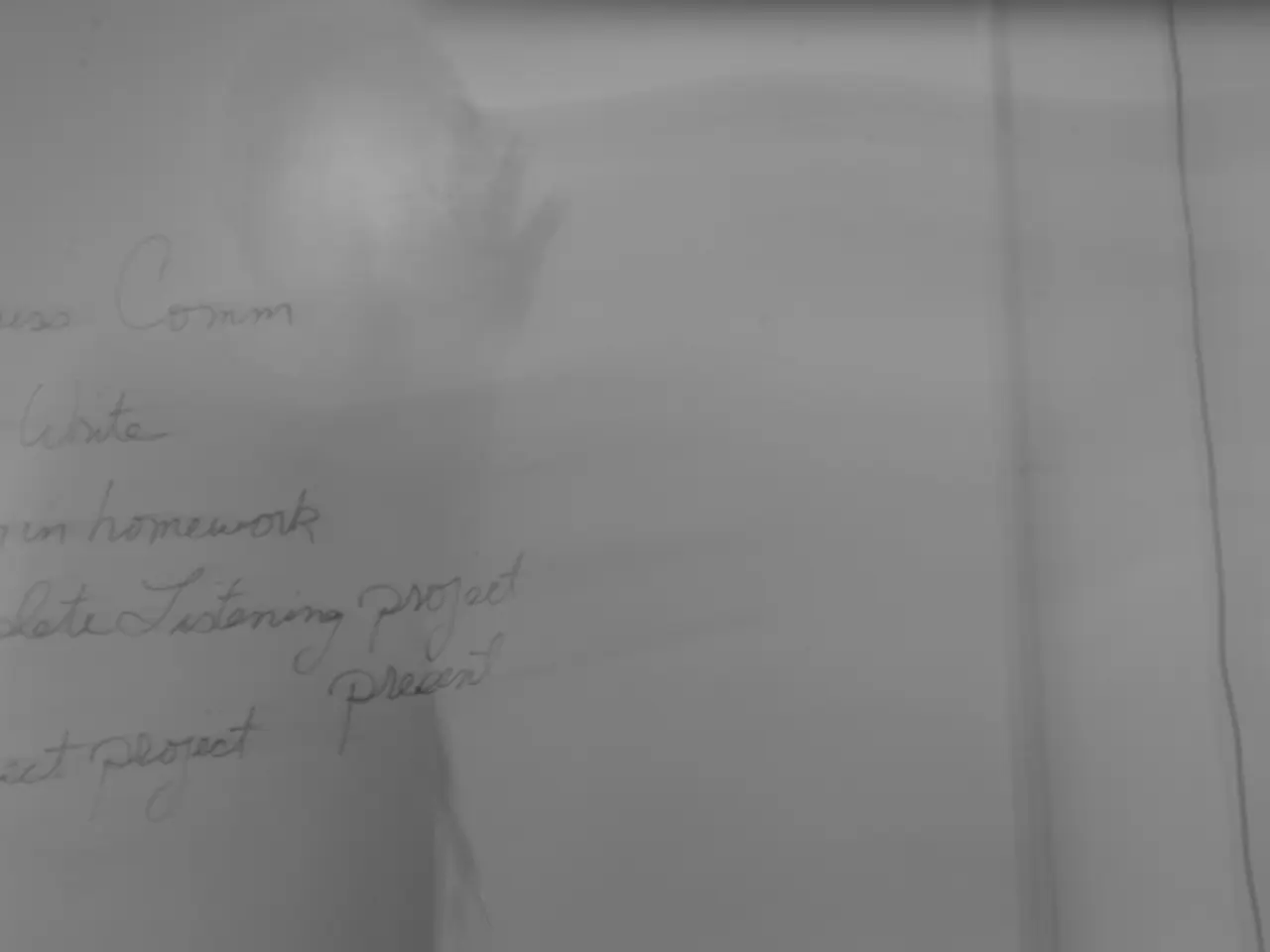Shift in Audit Practices: Decline in Corporate Tax Audits - Shift in Tax Audit Frequency within Corporations
In a significant shift over the past decade, the number of tax audits in companies has decreased significantly, with around 140,000 audits now taking place, marking a nearly 60% decline from earlier years. This trend is primarily attributed to digitalization, evolving regulations, strategic audit targeting, and economic factors.
Digitalization and data-driven tax compliance have played a crucial role in this transformation. Tax authorities are increasingly using advanced digital tools, automation, and AI to process, monitor, and analyze tax data in real-time. This improved transparency and compliance reduces the need for traditional, manual audits.
Audit exemptions for certain companies have also contributed to the decline. New regulations in several jurisdictions allow small businesses or startups to qualify for audit exemptions, reducing the number of companies subject to mandatory audit procedures.
Changes in audit demand related to economic conditions have also been observed. Audit service providers report that audit demand can be countercyclical, often rising in times of bankruptcy or significant business stress but potentially diminishing when fewer companies fall under audit thresholds or when companies focus on internal compliance improvements.
Increased efficiency and risk-based approaches have also been adopted by tax authorities. They may have shifted towards risk-based auditing, focusing resources on higher-risk taxpayers instead of broadly auditing all companies. This strategic targeting also reduces the absolute number of audits.
Cost and resource considerations have encouraged both authorities and companies to seek more efficient compliance through digital means, further reducing traditional audit counts.
Despite these changes, the rate of audits for large companies remains significantly higher at 17.8%, compared to the overall rate. However, no specific information was provided on the impact of staff shortages on the amount of tax payments collected through business inspections.
The states have cited staff shortages as a reason for the decrease in tax audits, with many tax inspectors assigned to other projects such as the reform of real estate tax. This has prompted concerns from figures like Anne Brorhilker, a former public prosecutor, who criticized the trend in the "Süddeutsche Zeitung".
Brorhilker suggested that if the states are unable to hire enough staff, the federal government should provide assistance. She also emphasized the importance of strengthening the rule of law and democracy by strengthening the tax authorities in terms of personnel and structure.
The Federal Ministry of Finance announced in October 2024 that 1.7% of businesses, or 146,516, were audited in the previous year. The Süddeutsche Zeitung conducted a survey in the 16 federal states to gather this data.
It's worth noting that the audit cases are becoming more complex and time-consuming, and additional business inspectors generate a multiple of the income they cost to employ. However, no information on the impact of the decrease in audits on the overall tax revenue was given.
The decrease in audits, while a reflection of a transformation in how tax compliance and enforcement are managed, raises questions about the level of oversight and the potential impact on tax revenue. These questions are currently under debate among policymakers and tax professionals.
The decrease in traditional audits is attributed to several factors, such as digitalization, audit exemptions, changes in audit demand, increased efficiency, cost and resource considerations, and potential staff shortages. However, the potential impact of reduced oversight on tax revenue remains unclear.
Anne Brorhilker, a former public prosecutor, has stressed the need for strengthening the tax authorities and the rule of law to ensure adequate tax compliance, security, and democracy, amidst concerns about the staff shortages and their effect on tax revenue.




